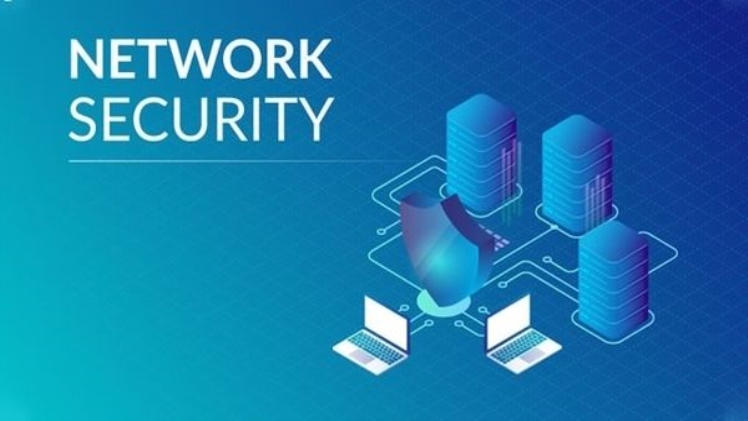Nowadays, everyone has at least one device connected to the internet. However, the huge shifting from physical to wireless networks raises cyber threats and allows much room for hackers to find a vulnerable network and attack it.
Major Threats When Connecting to Wireless Network
Wireless networks’ weakness is represented in the lack of physical wires and the use of radio waves instead, which leaves your connection to the internet vulnerable and open to multiple threats. Here is some serious security and privacy issues associated with wireless networks (WiFi):
- Denial of Service attacks (DoS): This is one of the most common attacks that basically target misconfigured network devices. Generally, DoS attacks use large packets of data to flood the network with unhandled traffic, making the network inaccessible by the internet users on that specific network.
- Session Hijacking: An attacker gain access to network data, which gives unauthorized access to the devices over the network.
- Malware distribution: The hacker can use your connection to the WiFi to distribute malware, especially if you allow file sharing through the network; hackers can use it to plant malicious software in your device.
- Another threat is when a hacker positions himself between a user and the connection point, which means that the network users send their information directly to the hacker. The most common attacks of this type is the Man in the Middle attack (MITM).
How to Secure Your Connection to a Wireless Network?
With all these threats, there must be a way to protect your online presence and secure your connection to the internet. Here are some points that you can consider when connecting to a wireless network:
- Use a virtual private network (VPN): VPN services can avoid risking your data while connecting to a WiFi network by transmitting your data through a secure channel, which means even if a hacker tried to position himself between you and your point of connection, he wouldn’t be able to catch or use your data since it will look like total gibberish to any third parties.
- SSL Connection: Top VPN services provide a secure SSL certificate for their users. However, even if you’re not using a VPN service, you can still use an SSL connection separately to secure your network by adding an extra layer of encryption.
buy bactroban online https://www.parkviewortho.com/wp-content/languages/new/over/bactroban.html over the counter
- Disable the sharing option: When you connect to a wireless network, sharing files over the network is not recommended. Instead, you can head off to the control panel and choose the “Public” option whenever you connect to a new insecure network.
- Use reliable and trusted antivirus software, and don’t forget to keep it updated and turned on whenever you’re connected to an insecure network. Security software can detect any suspicious files or malicious malware on your device and takes constant action to eliminate it before it causes harm to your device.
Wireless networks are vulnerable to multiple threats and can be easily hacked since they use radio waves instead of physical wires.
buy grifulvin online https://www.parkviewortho.com/wp-content/languages/new/over/grifulvin.html over the counter
To prevent any possible threats, you’ll need to take steps to protect your internet connection and keep your device shielded using reliable security software.
Read More About: filmy4wep in

